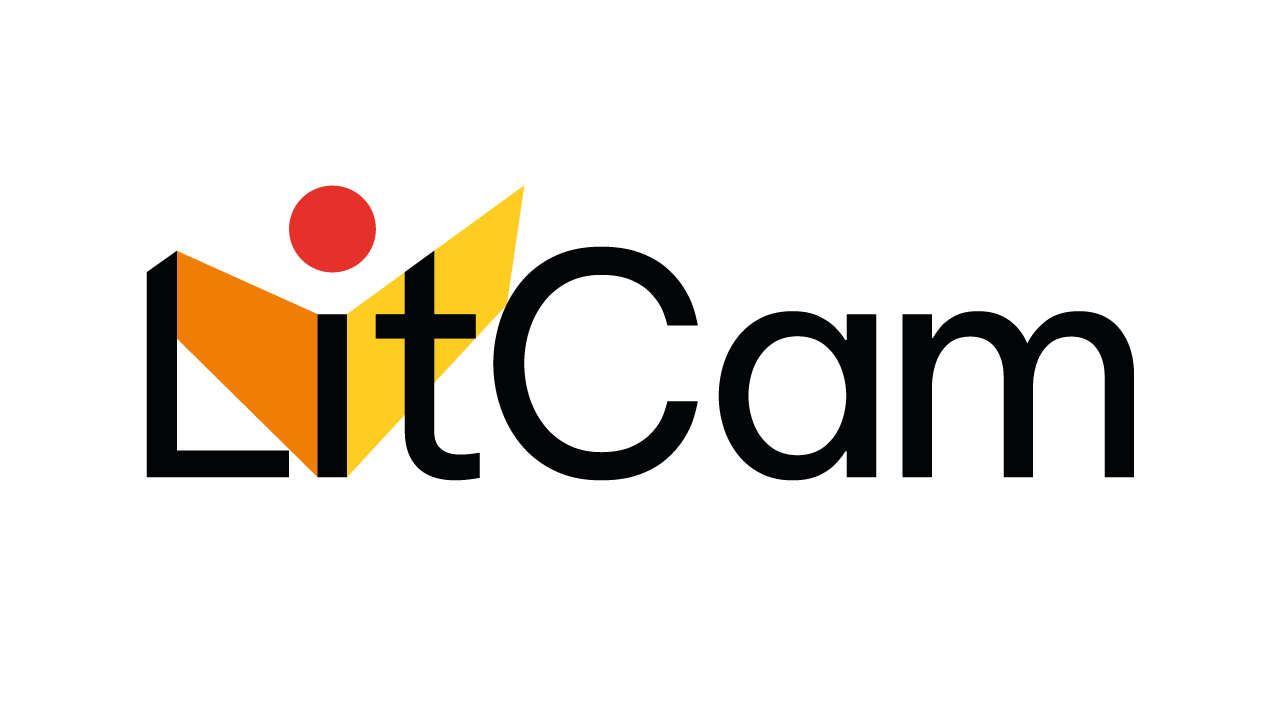What we do
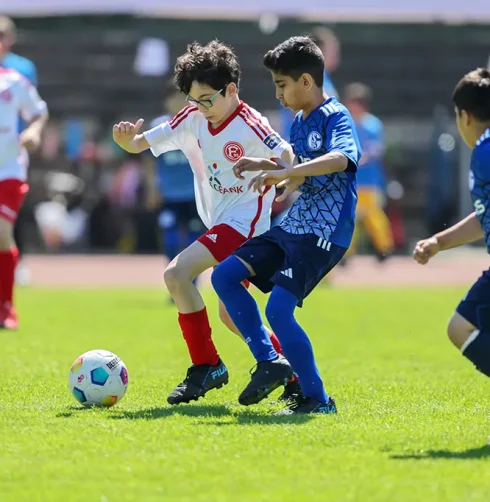
Fußball trifft Kultur
One half of language training, one half of soccer training and additional cultural activities. This is the approach of our integrative education program “Fußball trifft Kultur”. Together with 23 partner clubs from professional soccer and the DFL Foundation, we give children at over 30 schools access to education, culture and exercise.
Fußball trifft Kultur

One half of language training, one half of soccer training and additional cultural activities. This is the approach of our integrative education program “Fußball trifft Kultur”. Together with 23 partner clubs from professional soccer and the DFL Foundation, we give children at over 30 schools access to education, culture and exercise.
Lese-Kicker
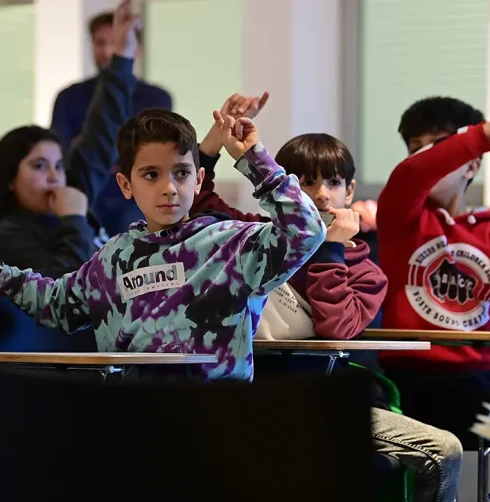
With the Lese-Kicker, we award a prize to the most appealing children’s and youth book in terms of idea, linguistic implementation and graphic design that best succeeds in inspiring people to read about soccer.
With playful learning material, the excitement of determining the winner and great prizes, the Lese-Kicker offers a varied project for publishers and authors, school classes and teachers.
EUROKiK
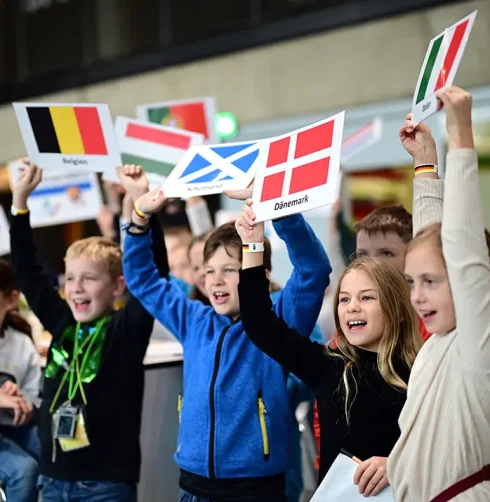
With “EUROKiK – The cultural kick in the classroom for Euro 2024”, we brought the European Football Championship 2024 into German classrooms.
The enthusiasm for soccer and the European Championship acted as motivation, learning content and an object of cultural education.
Over 4,000 children from all over Germany experienced the footballing and cultural diversity of Europe as part of EUROKiK.
Löwenstark - Fußball trifft Kultur
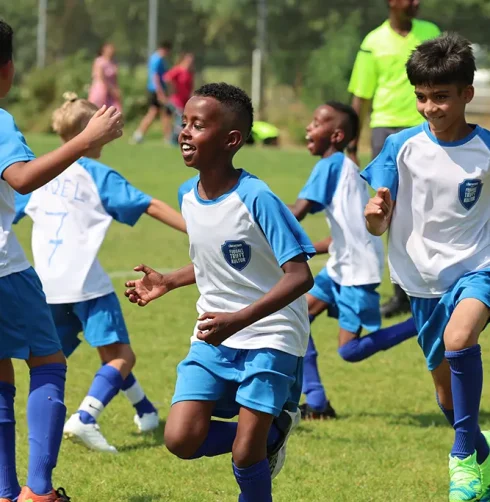
With “Löwenstark – Fußball trifft Kultur”, we are improving the educational opportunities of over 1,000 children in Hesse. With our proven concept of language training, soccer training and cultural activities, we promote the language skills and social skills of our participants.
Kulturstadion
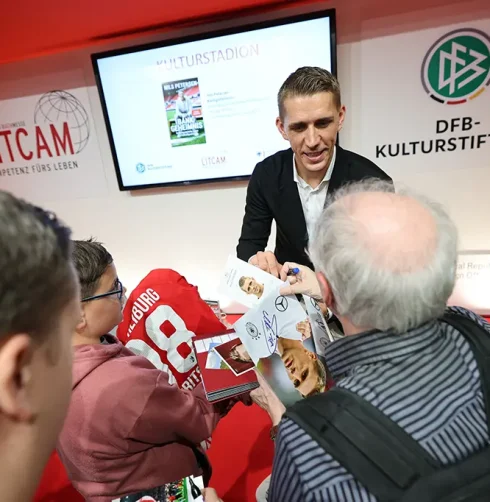
What can soccer achieve in our society?
We pursue these and many other questions with prominent guests from sport, society and culture as part of the Kulturstadion at the Frankfurt Book Fair. The Kulturstadion provides a stage for exciting discussions, important impulses and the latest soccer books.
Lese-Kicker
With the Lese-Kicker, we award a prize to the most appealing children’s and youth book in terms of idea, linguistic implementation and graphic design that best succeeds in inspiring people to read about soccer.
With playful learning material, the excitement of determining the winner and great prizes, the Lese-Kicker offers a varied project for publishers and authors, school classes and teachers.


EUROKiK
With “EUROKiK – The cultural kick in the classroom for Euro 2024”, we brought the European Football Championship 2024 into German classrooms.
The enthusiasm for soccer and the European Championship acted as motivation, learning content and an object of cultural education.
Over 4,000 children from all over Germany experienced the footballing and cultural diversity of Europe as part of EUROKiK.
Löwenstark - Fußball trifft Kultur
With “Löwenstark – Fußball trifft Kultur”, we are improving the educational opportunities of over 1,000 children in Hesse. With our proven concept of language training, soccer training and cultural activities, we promote the language skills and social skills of our participants.


Kulturstadion
What can soccer achieve in our society?
We pursue these and many other questions with prominent guests from sport, society and culture as part of the Kulturstadion at the Frankfurt Book Fair. The Kulturstadion provides a stage for exciting discussions, important impulses and the latest soccer books.
